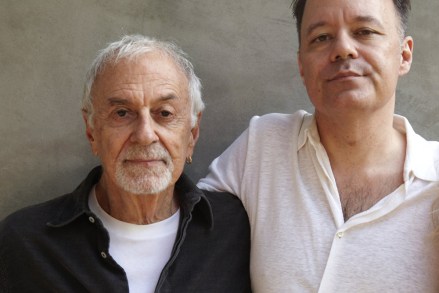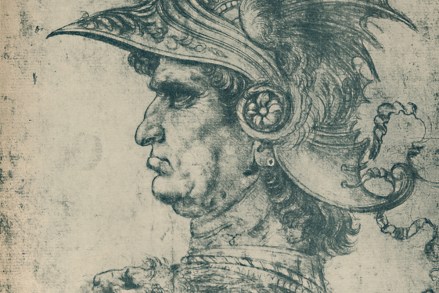From apprentice to master playwright: Shakespeare learns his craft
Pub quiz masters with a taste for William Shakespeare are spoiled for choice when it comes to red letter years. The playwright’s birth and death, the building and burning down of the Globe, and the publication of the First Folio (1564, 1616, 1599, 1613, 1623) are all dates that sit dustily in the corners of




















